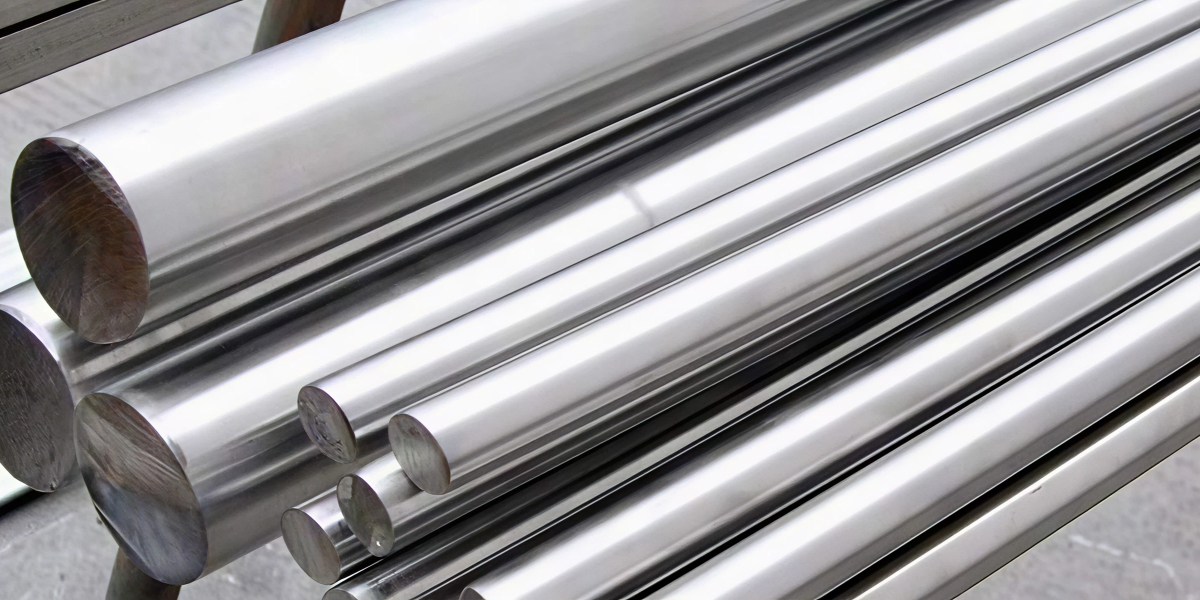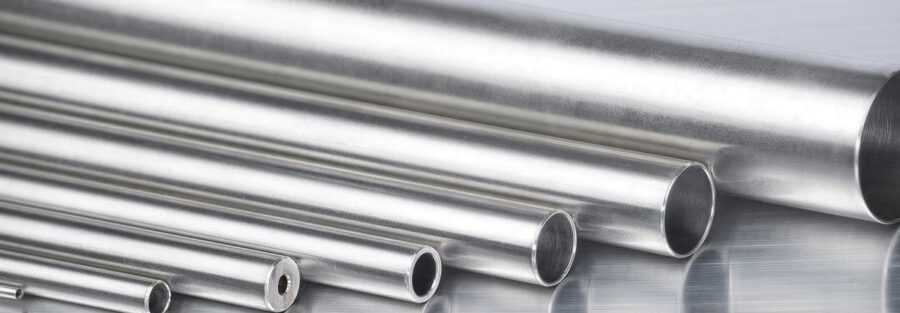Selecting the right materials for engineering applications is pivotal for ensuring the longevity and effectiveness of the products and systems designed. In this guide, we compare key metals used in industry: Inconel, Copper, Steel, and Duplex alloys, focusing on specific grades such as Inconel 600, C10100 Oxygen-Free Copper, S355 Stainless Steel, and UNS S32760 Super Duplex. Understanding their properties, uses, and differences will guide engineers in making informed decisions.
Inconel Alloys: Exceptional Heat and Corrosion Resistance
Inconel 600
- Composition and Properties: This nickel-chromium alloy excels in resistance to oxidation and corrosion, maintains strength over a wide temperature range, and is particularly effective under high heat conditions.
- Key Uses: Inconel 600 is utilized in applications requiring heat and corrosion resistance, such as heat exchangers, furnace components, and chemical processing equipment.
- Unique Features: It can withstand temperatures up to 2000°F (1093°C) and is non-magnetic.
Inconel 625
- Advantages: This grade adds molybdenum and niobium, which enhance its strength and corrosion resistance, making it suitable for marine and aerospace applications.
- Specific Applications: Inconel 625 is used in rocket engine thrust chambers, spray bars, reactor core, and control rod components in nuclear water reactors.
- Inconel 600 pipe fittings demonstrate excellent resistance against stress corrosion cracking in high-temperature applications.

Copper Alloys: High Conductivity and Purity
C10100 Oxygen-Free Copper
- Chemical Composition: Contains 99.99% copper with negligible oxygen content, enhancing its conductivity.
- Physical Properties: Features excellent electrical and thermal conductivity, making it the preferred choice for high-tech applications such as semiconductor bases and high-vacuum devices.
- Comparison with Other Grades: C10100 offers higher conductivity compared to other copper grades like C11000 due to its lack of oxygen, leading to fewer impurities in the metal.
Explore the differences in mechanical properties of C10100 copper and nickel alloy grades.
Stainless Steel Alloys: Structural Integrity and Versatility
S355 Structural Steel
- Composition and Strength: S355 is a low-carbon steel that is ideal for load-bearing applications due to its high strength and good machinability.
- Applications: Widely used in construction for beams and columns, bridges, and components requiring high strength-to-weight ratios.
- Comparative Analysis: When compared to ST52 steel, S355 provides a higher yield strength, which is beneficial for structural demands, but both share good welding properties.
Explore the differences in mechanical properties between S355 and ST52 steel.
Duplex Stainless Steel: Robust and Cost-Effective
UNS S32760 Super Duplex
- Material Composition: A mixture of chromium, nickel, molybdenum, and nitrogen, which imparts high strength and exceptional corrosion resistance.
- Industrial Applications: Often used in aggressive environments such as brine solutions, seawater, pulp, and paper industries, as well as in oil and gas exploration.
- Performance Factors: It offers excellent resistance to pitting and crevice corrosion, surpassing many traditional austenitic grades.
UNS S32101 Lean Duplex
- Cost-Effectiveness: Provides similar strength and corrosion resistance as higher grade duplexes but at a lower nickel content, making it more economical.
Explore the mechanical properties and typical applications of nickel alloy versus chromium alloy.
Conclusion
Choosing between Inconel, Copper, Steel, and Duplex alloys depends significantly on the specific requirements of your project, including the environment, required strength, corrosion resistance, and budget. Each material offers unique benefits and challenges, making it essential to thoroughly assess their properties in relation to the intended application. By understanding these differences, engineers and decision-makers can select materials that ensure optimal performance, durability, and cost-effectiveness.
FAQs on Comparing Alloys
Inconel 600 and 625 are superior engineering materials for high-temperature applications, with Inconel 625 offering added oxidation resistance due to its niobium and molybdenum content.
A2: C10100 Oxygen-Free Copper, while slightly more expensive, provides the highest purity and conductivity, making it highly efficient and potentially cost-saving in the long run for high-performance applications, including those requiring excellent corrosion resistance.
Choose S355 for applications that require a good balance of strength, ductility, and affordability, especially in construction and infrastructure projects, making it a standard engineering material.

